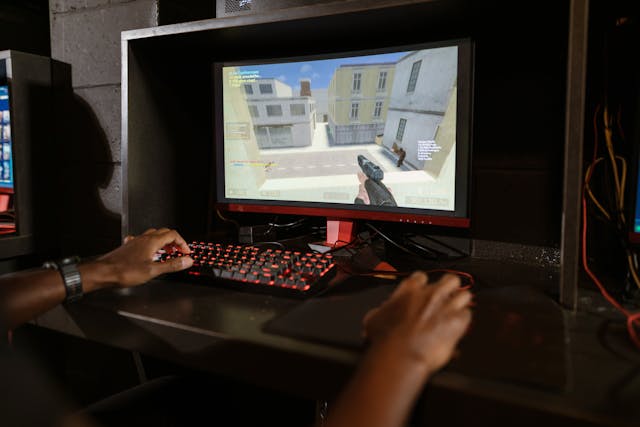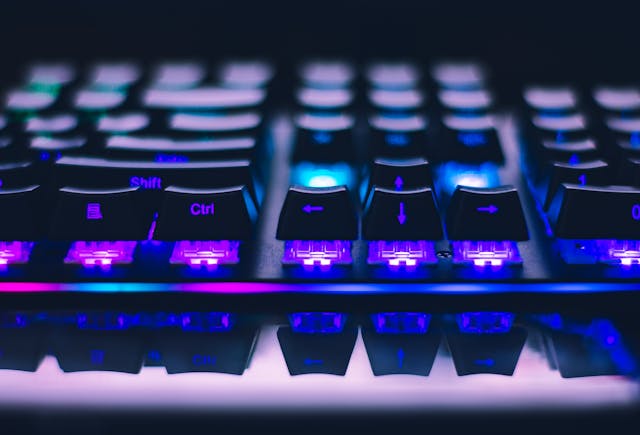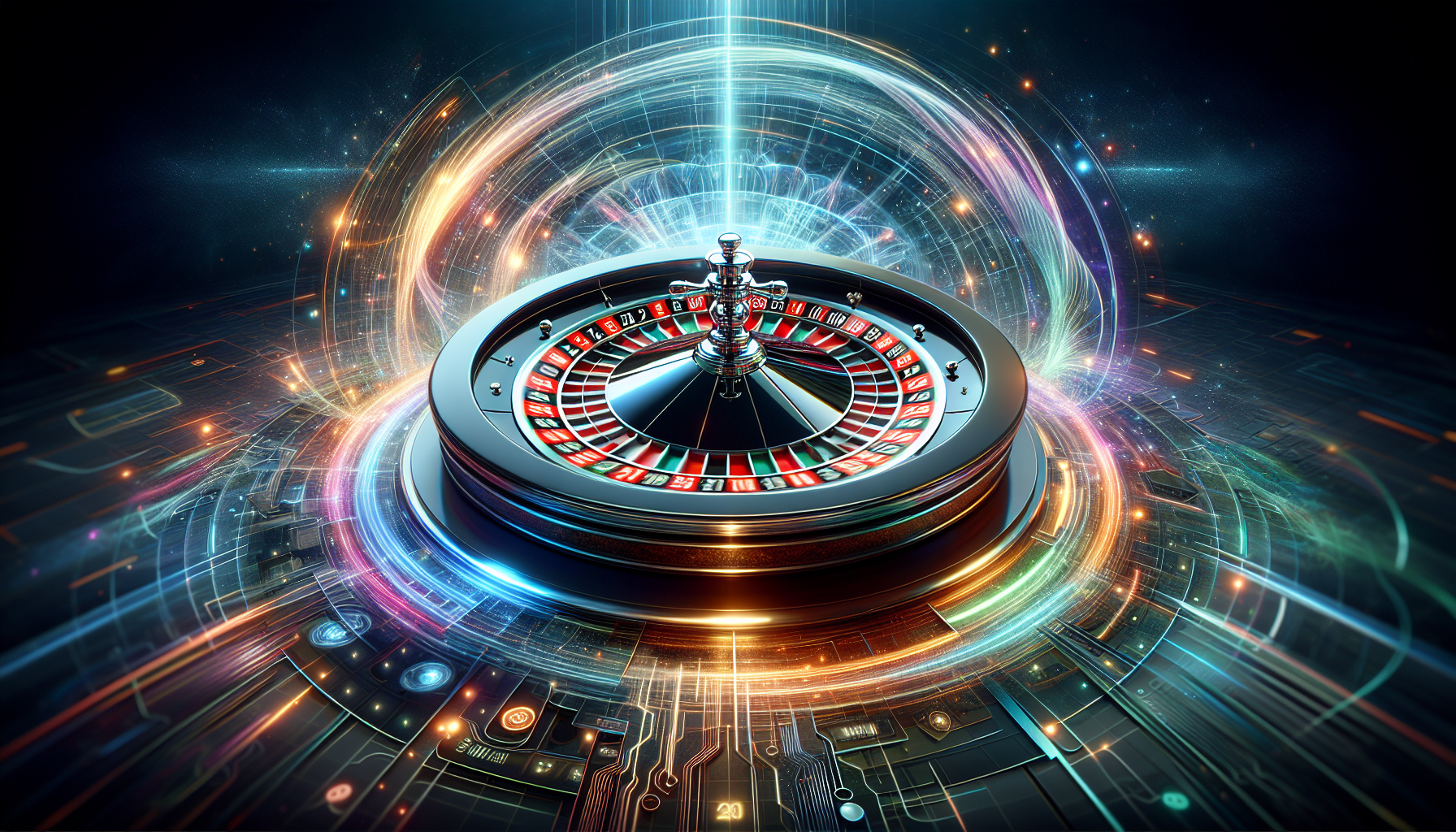YouTube recently introduced a new feature for their services called YouTube Heroes. Viewers can gain points for reporting videos, reporting user comments or users for bad behavior, and engaging in cleaning up YouTube as part of Google’s continued initiative to curb hate speech and hateful content, and ultimately clean up the internet one mega-corp policy at a time.
The new initiative was introduced with a catchy animated video that quickly covers some of the new tools and gamified leveling system for the Heroes system that rewards users for being active and vigilant in cleaning up the digital streets of YouTube.
The video did not go over well with the community at all. The comment section is completely disabled, which is usually a sure sign by the powers that be that the general community are rebelling against the content.
If the disabled comments wasn’t a sure enough sign that people aren’t taking much of a liking to the new YouTube Heroes system, the like/dislike bar speaks volumes.
I’m almost shocked that YouTube didn’t simply disable the like/dislike ratio to avoid revealing that people aren’t too fond of this new change.
YouTuber Queeny posed an opposing point of view from what’s been circulating within the general public, stating that the mass flagging may not be all bad and would be helpful for flagging channels with mass spam videos, like the ones that promise full movies but just have links to the sort of website that would give your anti-virus program a seizure.
Most people, however, are of the mind that the content being flagged will be used for censorship purposes and to remove videos that might hurt the sensibilities of those with opposing political views.
And it’s true that as much as the mass flagging would help stop spam, what’s to prevent people from mass flagging videos featuring anti-SJW content? Or attacking channels that regularly challenge the new status quo in the media sector, such as Sargon of Akkad?
YouTube Heroes, a system to earn points for helping YouTube censor things they don’t like, run by all the kids who watch YouTube.
— Matt Watson (@matthwatson) September 21, 2016
The other major issue is one that was brought up by Drake McWhorter, who wrote on Twitter that YouTube Heroes – even if it does manage to avoid being manipulated by political factions – would likely end up being abused the most by the most notorious faction of all internet factions… trolls.
…Who thought YouTube Heroes was a good idea? Do they not realize that only trolls will take advantage of it?
— Drake McWhorter (@TrailerDrake) September 21, 2016
Big and Robot did a half hour video breaking down each of the new policies and talking about how they could be abused by certain groups depending on how lax or how stringent YouTube is with enforcing these new rules.
The video is lengthy but it does cover some important topics as to what it could mean to politically divisive videos or content creators, and what it could mean to free speech advocates who regularly use YouTube to keep viewers informed.
So what does this mean for the average user? Well, most people likely won’t see the effects of this since it’s more-so a moderation change. Could it mean some videos could end up being mass flagged by groups of people who don’t want certain kinds of content on YouTube? Absolutely. Does it also mean that it could also limit the amount of clickbait spam and deceptive content that appears on YouTube? Absolutely.
For now, we won’t know exactly how it’ll be utilized until it’s actually put into play. However, if it’s anything like YouTube’s demonetization program, expect selective censoring and politically motivated curation to start taking place.







